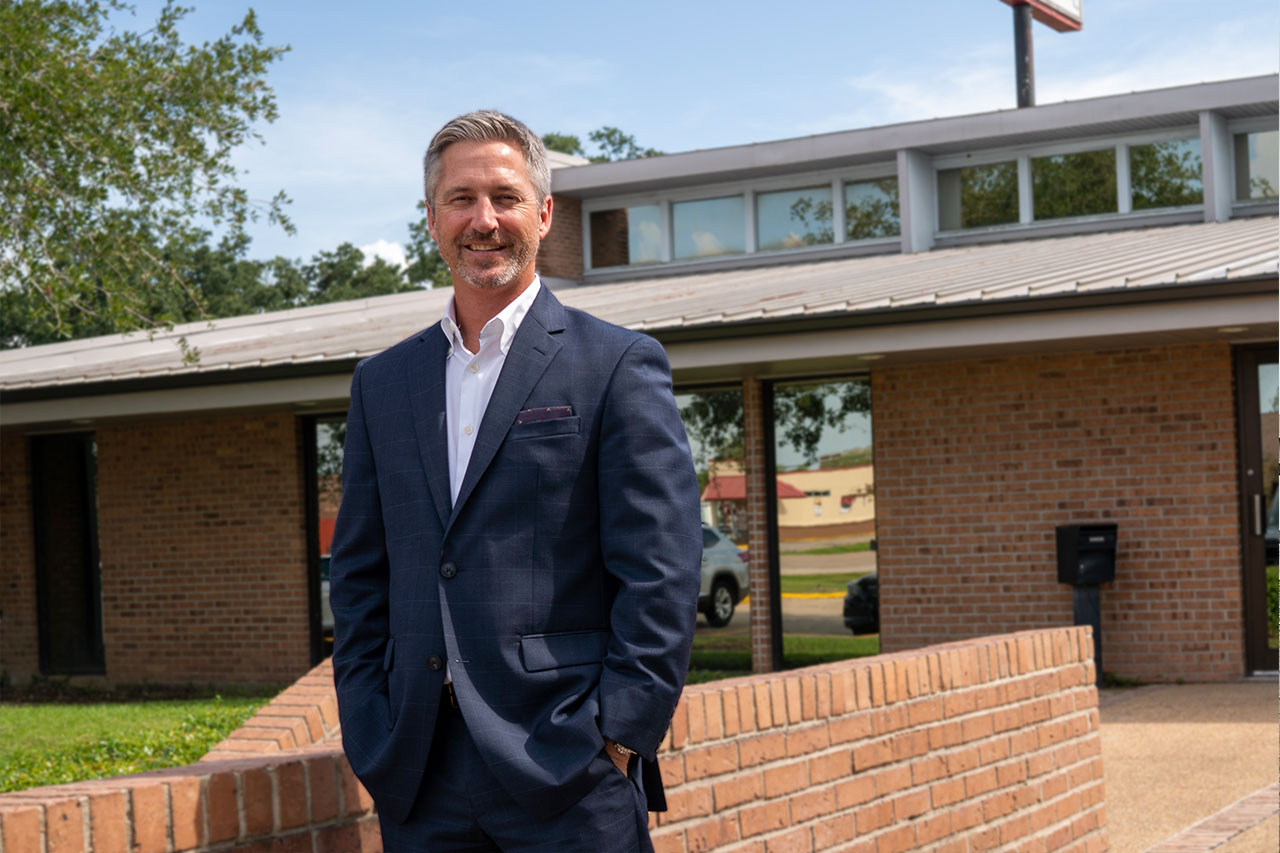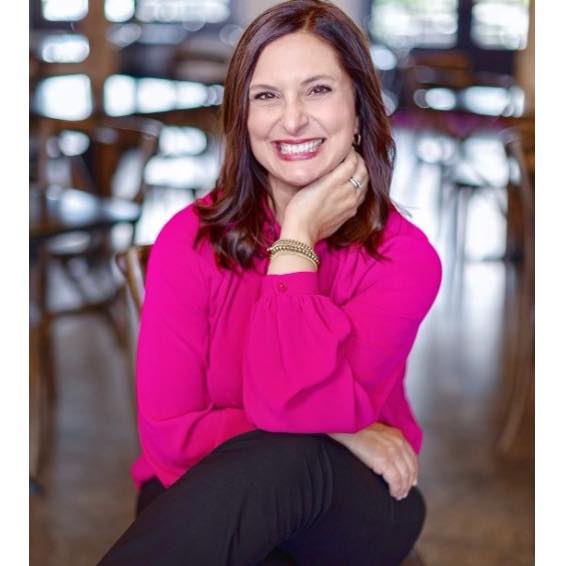
Brown & Brown Insurance | A Q&A With Christian Lapeyre
August 22, 2019
Thibodaux Regional adds to medical team
August 22, 2019LOCAL FINANCIAL PLANNERS GIVES TIPS FOR SAVING MONEY
We all know the cliches about money.
A penny saved is a penny earned. It’s wise to put a little aside for a rainy day. A dollar put aside today is a dollar in your pocket tomorrow.
Yadda, yadda, yadda — we’ve heard them all throughout our lives.
But actually taking those cliches into practice and executing them is tough — tough, but important, according to local financial planners.
We spent a little time this month with a couple different folks at local financial planning companies — asking them some of the tips locals should be aware of when making their savings plans.
They conceded that saving is easier said than done — especially in the local economic downturn where work isn’t as steady as it was before. But they added that having the discipline to actually do so puts one at a huge advantage in the quest for financial security and retirement.
“Even if the economy isn’t going great, I still recommend a person saving a portion of their paycheck,” Parish Wealth Partners Team Member Adam Tarver said. “Saving and paying yourself first takes discipline, especially through tough times. But nothing but good things comes from proactively saving for the future and I am sure all of us can do without a little in order to stay the course.”
“The best way to insure a healthy retirement is through proper planning,” added Tommy Meyer with the Meyer Financial Group. “It is important to understand all of your options with regards to social security, pension, employer retirement plans and personal savings. Having a plan and monitoring it will give you the confidence you need to enjoy your retirement years.”
Saving money has both long and short-term benefits. In the short term, having a “rainy day fund” helps when life happens.
Tarver said every adult deals with stuff unexpectedly — a flat tire, a broken stove, whatever it may be. Creating personal savings helps us to pay for those situations without having to tear into our credit and, thus, going into debt.
“Life throws us curveballs all the time, such as a broken AC or a transmission needing to be replaced,” Tarver said. “Saving a portion of a paycheck allows a person to be ready to take on whatever life throws at us.”
Over the long-term, saving also ensures a comfortable retirement — ideally a time spent enjoying the fruits of years of adult labor.
Tarver said it’s important for locals to plan for the future, while living in the present so that their final days can be some of their best.
“This is essential so that a person can still live comfortably through the latter part of their lives,” Tarver said.
But times are tough locally, so what are some tips to get ahead?
Start early.
Tarver quoted Albert Einstein, saying that “compound interest is the eighth wonder of the world.”
He said the more someone can put aside early in life, the more it will earn later, which will mean a greater-sized nest egg over the long haul.
“The younger a person starts to save/invest, the brighter their future could look,” Tarver said. “When a person can invest for 20-30 years or longer before using it, that makes for a happy retirement. Anyone can be a millionaire; it just takes discipline and time. I believe a person should start saving and investing as soon as they are able to. Don’t wait until tomorrow. Start today.
But what if your 20s or 30s have passed you by and saving wasn’t in the cards? It’s not too late.
Fortunately, there are ways to catch up on retirement planning if times were tough earlier in life.
Tarver said it takes a little work to catch up, but it’s very possible — given the know-how of a financial planner and the diligence of a client.
“It’s not the end of the world,” Tarver said of those who get a late start. “Fortunately, there are catch up policies in place for all types of retirement accounts. For an IRA, a person over the age of 50 can contribute an extra $1,000, so $7,000 a year. For a 401k and 403b, an extra $6,000. These catch up contributions help people that got a late start on saving for retirement and it will add up over the years.”
Meyer agreed, stating that it’s important for locals to understand that it’s never too late and that “something is always better than nothing.”
“I have worked with clients who are 20 years away and clients who are approaching retirement soon,” Meyer said. “There are several ways to catch up for retirement later in life. … It’s never too late.”
When asked to give advice on who to look to when making the decision to plan for the future, Tarver said trust is key, adding that the best in his profession look out for the client at all times and throughout all life situations.
“A good financial planner is trustworthy and truly cares about their client’s wellbeing,” he said. “They are out there. One just needs to do their research and interview potential planners to get a feel for who they trust the most. Markets go up and down, but at the end of the day, it’s who you trust that makes the biggest difference when you go to sleep at night.” •











